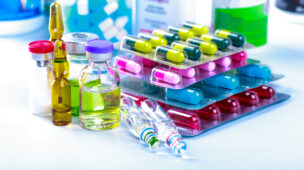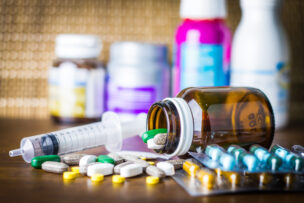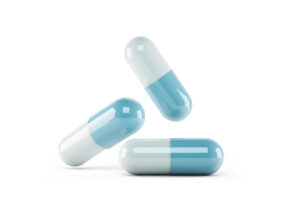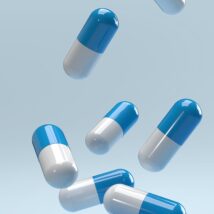As described in the news article “国内医療用医薬品市場 27年度まで5年平均成長率、特許期間中の市場はプラス6.5~7.5% IQVIA | ニュース | ミクスOnline (mixonline.jp)” released by MixOnline on June 26, 2023, IQVIA announced on June 23, 2023, the outlook for Japan’s pharmaceutical market for the fiscal year 2027. The compound annual growth rate (CAGR) of the pharmaceutical market segment which is under patent protection from 2022 to 2027, is projected to be between 6.5% and 7.5%, pushing the market segment up by 1.7 to 1.8 trillion Japanese yen (about 12 billion US dollars when the exchange rate for 1 US dollar is 145 yen) over the five years. Additionally, the market size of newly launched drugs from 2023 until 2027 is estimated to be around 1.1 to 1.2 trillion yen, contributing to an overall market expansion of 2.8 to 3.0 trillion yen (about 20 billion US dollars) when combined with patented drugs.
The report highlights the potential rise of Japan’s total pharmaceutical market, estimating it to reach the 11 trillion yen (about 76 billion US dollars) range by 2027, and Japan is described as the world’s second-largest market after the United States in terms of a market composed of new and patented drugs. The market driven by new and patented drugs will expand through biopharmaceuticals and specialty drugs, continuing to be an attractive market. However, for continued investment in new drug development in Japan, it was emphasized that “an environment that promotes innovation is essential.”










